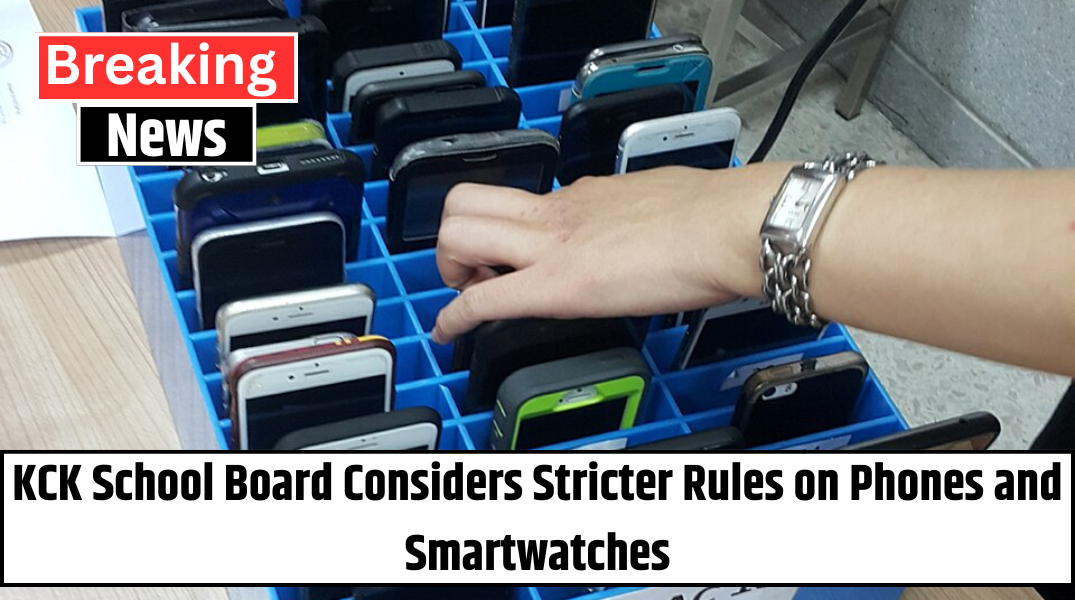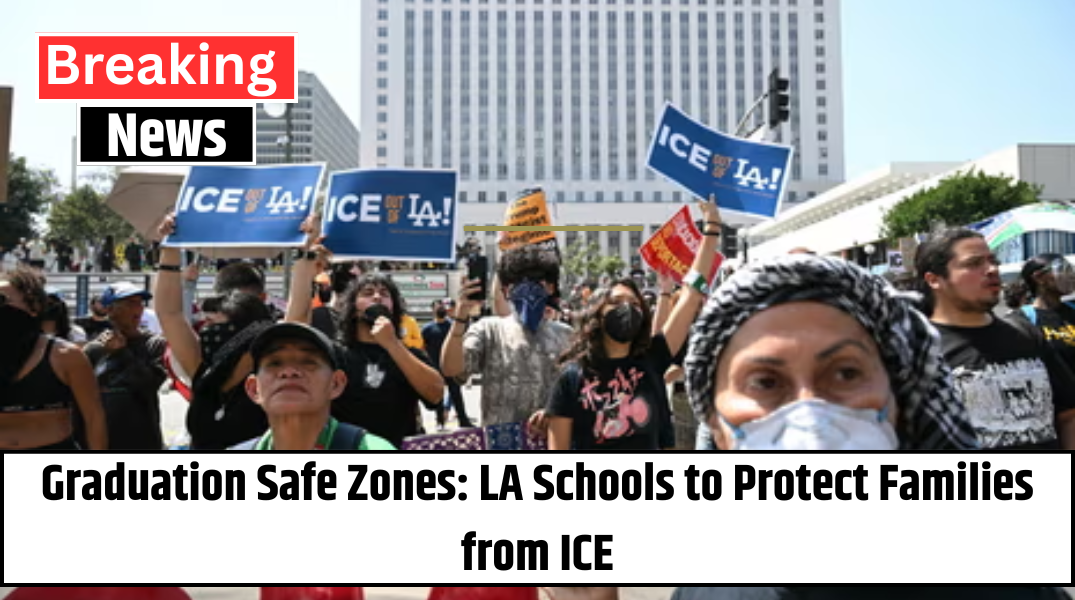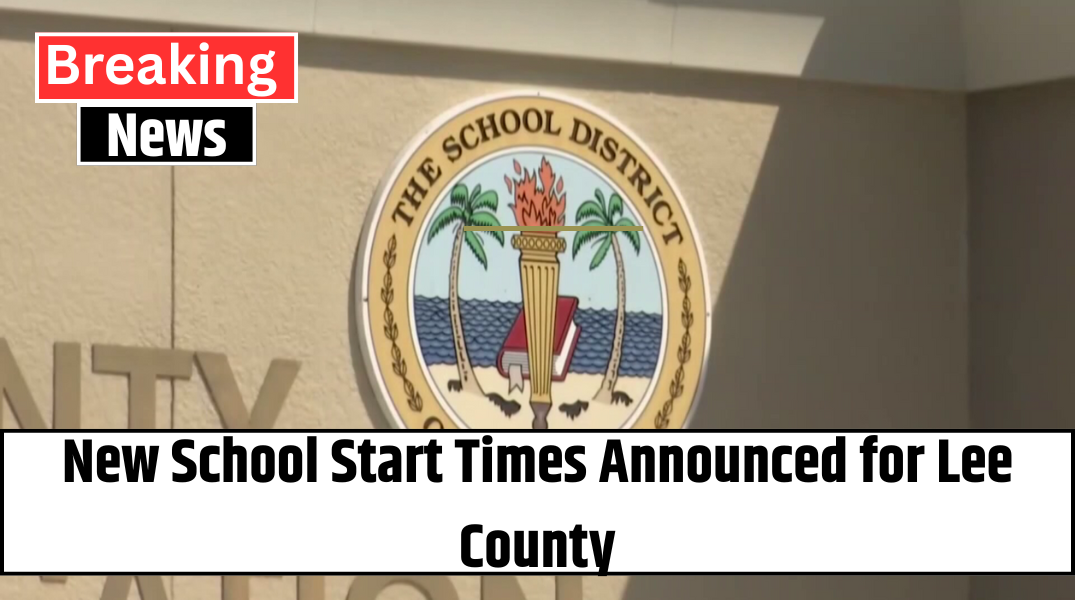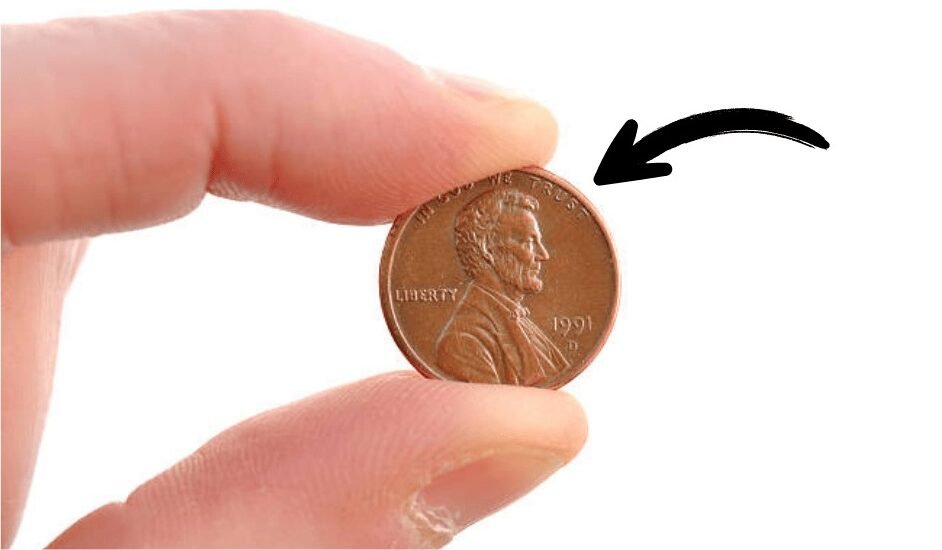LOS ANGELES — A major provision in the sweeping domestic policy package currently advancing through Congress, informally dubbed the “Big Beautiful Bill,” proposes a groundbreaking $5 billion federal school voucher program. The initiative, formally titled the Educational Choice for Children Act (ECCA), aims to create the nation’s first nationwide school voucher system, sparking heated debate among lawmakers, educators, and families.
Republicans, long-time champions of “school choice,” see the bill as a historic opportunity to expand educational options for millions of families. However, critics argue that the plan disproportionately benefits wealthy donors and undermines public education.
What Makes This Voucher Program Different?
Unlike previous school choice initiatives confined to certain states or districts, the ECCA would establish a federal tax credit encouraging donations to scholarship granting organizations (SGOs). These SGOs would then provide scholarships to families to help cover costs such as private school tuition, homeschooling supplies, or tutoring services.
A unique feature of the bill is its tax incentive: donors receive a dollar-for-dollar tax credit, meaning a $1,000 donation to an SGO could reduce a donor’s federal tax bill by the same amount. This contrasts sharply with traditional charitable deductions, which typically lower taxable income but do not directly reduce tax owed on a dollar-for-dollar basis.
Moreover, the program would allow donors to contribute stocks and avoid paying capital gains taxes on the appreciated value, an element that financial experts say could open a lucrative tax avoidance loophole for wealthy benefactors.
Who Benefits—and Who Pays?
Families earning up to 300% of their area’s median income would qualify for scholarships. For instance, in Los Angeles County, a family of four making up to approximately $263,000 could be eligible. In wealthier counties such as Loudoun County, Virginia, that threshold climbs to over half a million dollars annually.
Critics warn that such generous income limits could funnel substantial public funds toward families already financially well-off. Data from states with existing voucher programs show that a significant portion of tax credit benefits flow to higher-income households.
Also Read – Teacher at Gresham High School Faces Child Sex Crime Indictment
The Debate: Advocates vs. Opponents
Supporters like Tommy Schultz, CEO of the American Federation for Children, argue that the ECCA could transform education by giving families trapped in struggling public schools the freedom to choose better options. “This could be a once-in-a-generation chance to supercharge school choice nationwide,” Schultz told CNN.
On the other hand, educators and public school advocates fear the consequences could be disastrous. Sasha Pudelski, advocacy director for the School Superintendents Association, described the program as “weaponizing the tax code against public schools.” Public education already faces budget shortfalls and staffing challenges; critics warn that losing students to private schools could worsen funding gaps and force cuts to vital programs.
Real Families, Real Concerns
The proposal elicits mixed reactions from families themselves. Bridgette Garcia, a mother of four who struggled to afford tuition at a Catholic school in Los Angeles, welcomed the potential financial relief. “If this can help families like mine, that’s a blessing,” she said, noting that private school tuition can easily reach $13,000 per year for high school.
Conversely, Maria Clark, a public school parent and board member in Kentucky, sees the program as a threat to public education. “Vouchers pull resources away from schools that already lack enough funding,” Clark said. She emphasized that many private schools are not equipped to serve students with special needs or offer the transportation and support public schools provide.
Accountability and Oversight Questions
The bill places accountability largely in the hands of SGOs, which must be certified by the Treasury and IRS and subject to audits. Still, some experts worry this oversight may be insufficient. Past scandals, such as Florida students misusing state vouchers to buy theme park tickets, raise questions about potential misuse.
Robin Lake, director of the Center on Reinventing Public Education, notes that research on voucher programs offers mixed results: while academic improvements are unclear, parent satisfaction and graduation rates sometimes improve. She stresses that any school choice program requires strong accountability measures, including transparent reporting and quality standards.
The Fiscal Impact
The Institute on Taxation and Economic Policy estimates the program could slash federal revenues by $23 billion over a decade and cut state tax revenues by nearly half a billion dollars. This loss in revenue could have ripple effects on public services, including schools.
Superintendents like Dr. Darin Brawley of Compton Unified School District are already grappling with enrollment declines and shrinking budgets. Brawley warns that further student losses tied to voucher programs could trigger severe cuts, including layoffs and larger class sizes.
What’s Next for the ECCA?
Having narrowly passed the House, the ECCA now faces an uncertain future in the Senate. If enacted, the program would launch after December 31 and initially cap tax credits at $5 billion per year, with a possible 5% annual increase. The program is set to expire at the end of 2029 unless renewed by Congress.
A Nationwide Education Crossroads
The debate over the ECCA reflects larger national tensions about how best to educate children and allocate public resources. While supporters view it as an opportunity for innovation and empowerment, opponents warn it could deepen inequality and weaken an already fragile public education system.
As the bill moves forward, families, educators, and policymakers alike will be watching closely to see how this bold new chapter in education policy unfolds.












